Solyanka (Солянка), is made from pickled vegetables, meat, and sour cream. It is considered traditionally Russian but is today enjoyed across the former Soviet space and Eastern Bloc, and particularly in East Germany.
Having been served for hundreds of years in several countries, solyanka has gone through a lot of modifications and now has many different recipes. The three most common types are meat, fish, and mushroom, which are the main ingredients in their respective recipes.
Why It’s Called “Solyanka”
(Почему так называется?)
Solyanka was first mentioned in the Russian historical record in the 15th century. The origin of its name is contested. One popular belief is that it evolved from the word “селянка“, which means “villager” or “peasant” (from the word “село“, meaning “village”). That is, this dish was literally “пища селянина” (food of the peasant) or “селянская похлёбка” (peasant soup).
Eventually, however, the name “solyanka” became much more often applied to the dish, perhaps as it sounds like “соль,” or “salt.” This makes sense as the dishes’ main ingredients are preserved vegetables and thus the soup is quite salty.
How and When to Eat Solyanka
(Как правильно есть солянку?)
Solyanka, made from preserved vegetables, is most associated with the winter season in Russia when, historically, fresh vegetables were almost impossible to come by. Given that it is a hearty comfort food that is always served hot, it is a perfect dish for lunch or dinner in the cold season.
Solyanka can be eaten as a starter or a main dish. It is, like most Russian soups, typically eaten with sour cream and dill stirred into it and with dark bread on the side.

This popular dish can be commonly found in Russian restaurants and even frozen in Russian supermarkets for those who do not wish to go through the trouble of actually preparing the soup themselves.
Lastly, with the amount of salt and fat in solyanka, it is often eaten as a hangover cure.
How to Prepare Solyanka
(Как правильно готовить солянку?)
With countless variations of the recipe spread over the wide expanse of Eurasia, there is no one correct way to prepare solyanka. Regardless of the recipe you use, however, you should be able to make solyanka within an hour, with the longest step being to cook the meat and/or boil the potatoes.
Many chefs argue that the more different types of meat that go into solyanka, the better. Thus, the soup’s recipe can often reflect what happened to be in the refrigerator at the time and can use up leftover chicken, beef, pork, and any type of sausage.
While “солянка мясная” (meat solyanka) is the most common and considered the most traditional, “солянка рыбная” (fish solyanka), and “солянка грибная” (mushroom solyanka) also exist. Fish and mushroom variants are popular especially during fasting days on the Orthodox calendar, when observant Russians essentially become pescatarians or vegetarians. Mushroom solyanka can easily be made as a vegan soup as well.
While tradition is a big part of solyanka, it is not central to enjoying the meal. After all, modern recipes typically call for lemon juice, lemon slices, and olives. These would have been exotic and fantastically expensive ingredients in 15th century Russia, and definitely not part of “пища селянина” (food of the peasant). So, feel free to experiment and find your own preferences!
Let’s Cook!
(Давай приготовим!)
See below for a free recipe for solyanka. See also the free videos below. If you are interested in cuisines from Russia, Ukraine, Georgia, and other places in Eurasia, make sure to see all our free recipes! You might also be interested in the following specialized cookbooks we’ve enjoyed:
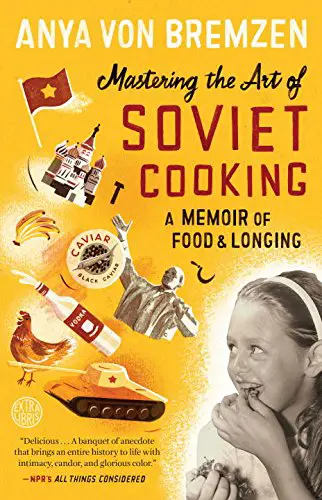 |
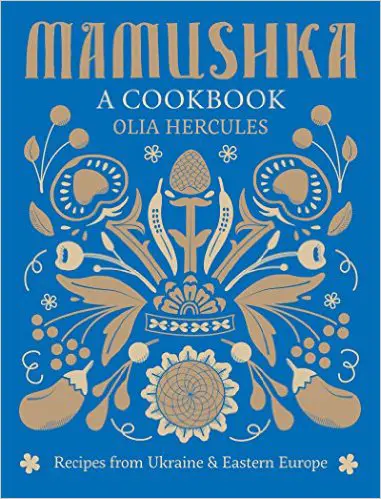 |
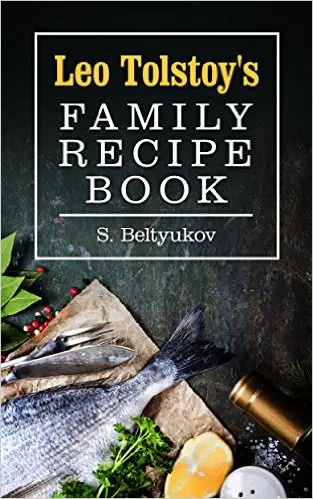 |
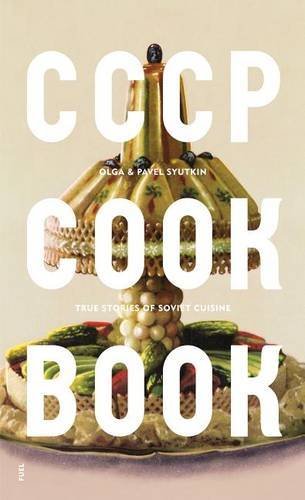 |
| Солянка мясная | Meat Solyanka | |
Ингредиенты:
Приготовление: 1. Выложите говядину в кастрюлю с холодной водой. Доведите воду до кипения и снимите пенку. Закройте кастрюлю крышкой и дайте мясу свариться. 2. Нарежьте лук крупными кусочками, а колбасу и огурцы — небольшой соломкой. Разогрейте в сковороде масло и обжарьте лук до золотистого цвета. 3.Бросьте колбасу и готовьте, помешивая, пару минут. Добавьте огурцы и перемешайте. 4. В сковороду выложите томатную пасту, влейте немного воды и хорошенько перемешайте. Накройте крышкой и тушите примерно 15 минут. 5. Нарежьте варёное мясо такой же соломкой, как и остальные ингредиенты. Введите в горячий бульон нарезанное мясо, зажарку, оливки и кружочки сосисок. Влейте рассол, перемешайте и посолите. 6. Доведите суп до кипения. Перед подачей посыпьте солянку зеленью, добавьте сметану и дольку лимона. |
Ingredients:
Preparation: 1. Put the beef in a pan of cold water. Boil it, removing the foam as it comes. Cover the pan and let the meat cook. 2. Slice the onion into large pieces, and the sausage and pickles into small strips. Heat oil in a pan and fry the onion until golden brown. 3. Toss the sausage in. Cook and stir for a couple of minutes. Add the pickles and keep stirring. 4. Add the tomato paste to the pan. Pour in a little water and mix thoroughly. Cover and let simmer for about 15 minutes. 5. Slice the cooked meat into the same size of strips as the rest of the ingredients. Put the sliced meat, fried vegetables, olives and slices of Vienna sausage in the hot broth. Pour in the brine, stir, and season with salt. 6. Boil the soup. Before serving, sprinkle the solyanka with herbs. Add sour cream and a slice of lemon. |
|
| Солянка грибная | Mushroom Solyanka | |
Ингредиенты:
Приготовление: 1. Oтварить грибы, обжарить на масле 5 минут. 2. Лук очистить, нашинковать. Разогреть в кастрюле масло и обжарить лук до прозрачности. 3. Морковь очистить и натереть на крупной терке. Добавить к луку и обжарить в течение 1 минуты. 4. Добавить томатную пасту и муку к луку с морковью, перемешать, добавить грибной отвар. Варить 5 минут. 5. Огурцы порезать и добавить к овощам, перемешать и тушить ещё 5 минут. 6. Добавить грибы к овощам, перемешать. Заливаем водой, солим, перчим, добавляем лавровый лист и варим солянку грибную 7 минут. 7. Теперь добавляем маслины и томаты черри, варим ещё 5 минут. 8. Перед подачей солянку грибную посыпать зеленью. Можно положить в тарелку ломтик лимона. |
Ingredients:
Preparation: 1. Boil the mushrooms. Fry in oil for five minutes. 2. Peel and chop the onion. Heat the oil in a saucepan and fry the onion until translucent. 3. Peel the carrot and grate on a coarse grater. Add to the onion and fry for one minute. 4. Add the tomato paste and flour to the onions and carrots. Mix, and add the mushroom broth. Boil for five minutes. 5. Cut the pickles and add them to the vegetables. Stir and simmer for another five minutes. 6. Add the mushrooms to the vegetables and mix thoroughly. Add water, salt, and pepper. Add the bay leaf and boil the mushroom solyanka for seven minutes. 7. Now add the olives and cherry tomatoes. Boil for another five minutes. 8. Before serving, sprinkle the mushroom solyanka with herbs. You can put a slice of lemon in the dish. |
|
Our Favorite Solyanka Videos
This video is created by a Russian YouTube channel called “Всегда Вкусно!” or “Always Tasty!” They post a new recipe of a dish from around the world every day. In this easy-to-follow video, they show how to make meat solyanka step by step.
Mikhail Vegan is a Russian YouTuber whose channel features all kinds of vegan dishes from the Russian culinary world. In this video, he carefully goes over the details from the ingredients to his personal tricks to cook a vegetarian/vegan solyanka.
You Might Also Like
SRAS has developed the test below to help you gauge your Russian language skills! Anyone interested in gaining more knowledge should check out the the resources under “language” on our main menu including especially our Resources for Students of Russian and the Russian Talking Phrasebook. You can also sign up to study Russian online or […] The following TORFL reading comprehension practice test has been developed by SRAS based on the official TORFL test to help you gauge your knowledge of the Russian language! Anyone interested in gaining more knowledge should check out the the resources under “language” on our main menu including especially our Resources for Students of Russian and […] The following TORFL grammar and vocabulary practice test has been developed by SRAS based on the official TORFL test to help you gauge your knowledge of the Russian language! Anyone interested in gaining more knowledge should check out the the resources under “language” on our main menu including especially our Resources for Students of Russian […] The below test has been developed by SRAS to help you gauge your knowledge of the Russian language! Anyone interested in gaining more knowledge should check out the the resources under “language” on our main menu including especially our Resources for Students of Russian and the Russian Talking Phrasebook. You can also sign up to […] Olga here turns her attention to the modern Russian circus, describing what it is like to attend a contemporary performance, from the atmosphere inside the circus building to the acts that still draw enthusiastic audiences today. Written in simplified, modern Russian, her account offers a firsthand glimpse into how a traditional cultural institution continues to […]
Advanced Russian Language Test
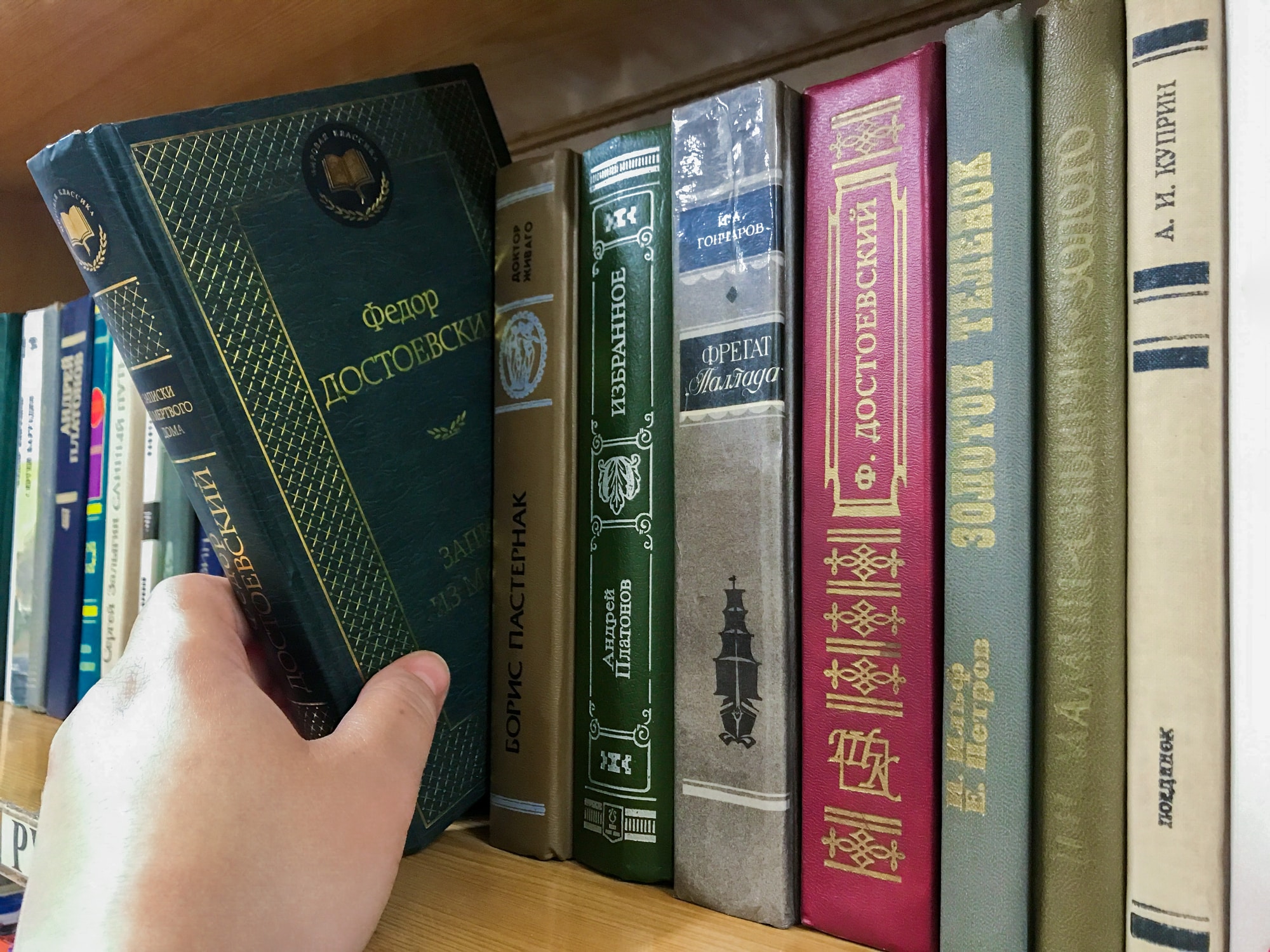
Free Online TORFL Practice Test: Reading Comprehension
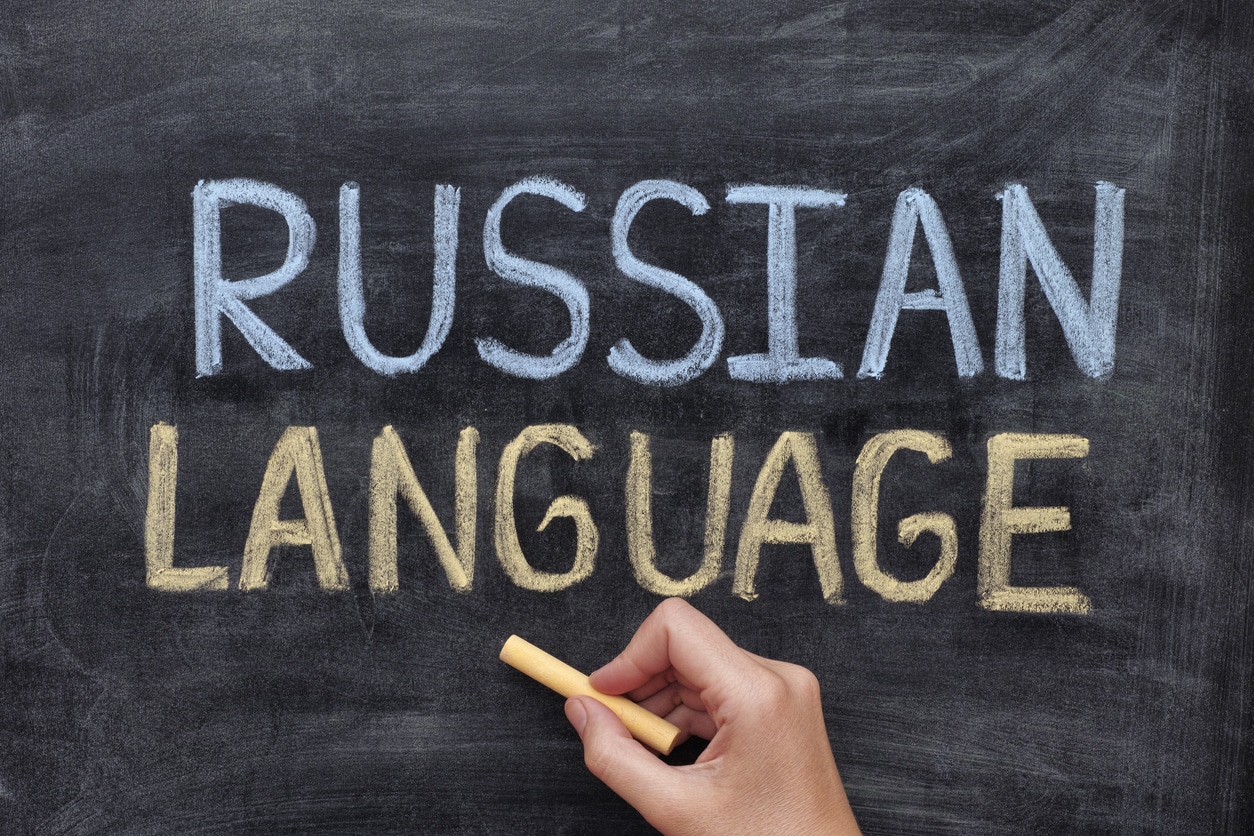
Free Online TORFL Practice Test: Grammar and Vocabulary

Basic Russian Language Test

The Circus in Russia: Olga’s Blog





